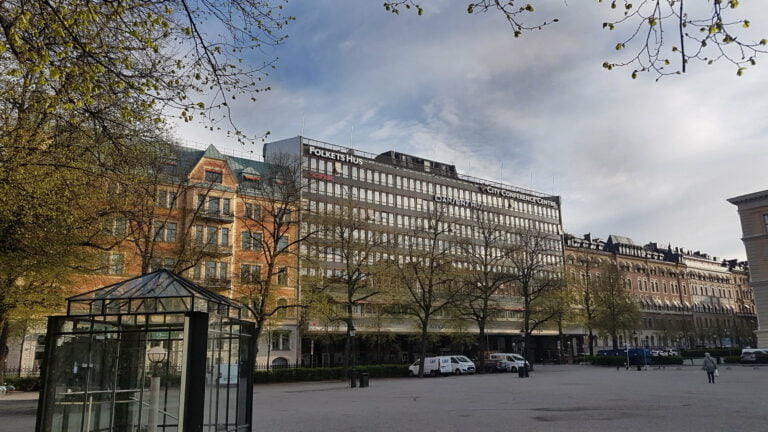We call for stronger protection of culture in the Constitution
In the past year, we have seen worrying examples of politicians in Sweden restricting artistic freedom and violating the principle of arm's length. Therefore, Dansens Hus has supported the demand for stronger protection of artists' freedom of expression in our constitution. We publish the demand in a debate article in Dagens Nyheter. Among the signatories are several of Sweden's national theatres.
Published 2019-12-16
Updated 2023-05-11










